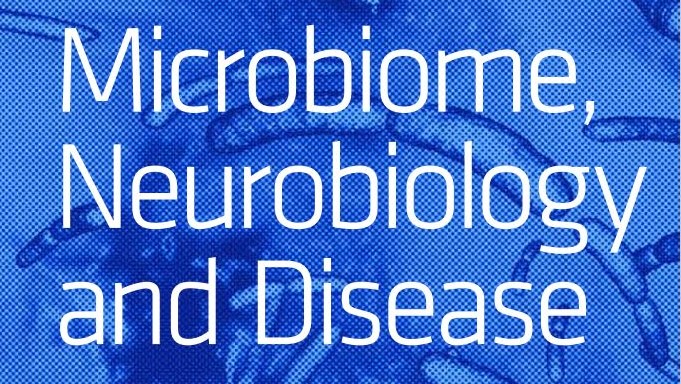Scialog: Microbiome, Neurobiology and Disease Holds 1st Meeting

More than 50 Fellows from multiple disciplines and institutions across the U.S. and Canada gathered virtually April 22-23, 2021, to brainstorm creative, new research ideas that could advance our understanding of the gut microbiome and its relationship to the brain and neurobiology at the inaugural meeting of Scialog: Microbiome, Neurobiology and Disease.
Sponsored by Research Corporation for Science Advancement, the Paul G. Allen Frontiers Group, and the Frederick Gardner Cottrell Foundation, the three-year initiative seeks to create a networked, multidisciplinary community to design collaborative research projects that will advance fundamental understanding of the gut-brain axis and the roles microbiota play in neurodegenerative disorders.
Scialog is short for “science + dialog.” Created by RCSA in 2010, the Scialog program brings together early-career scientists from a variety of disciplines to focus their collective thinking on issues of global importance, awarding catalytic seed funding to promising collaborative research projects.
“This is your opportunity to air that wild idea you have been reluctant to share with others, or to discuss a nagging hunch that does not yet have sufficient supporting data, or to take a leap on a high-impact/high-risk project instead of concentrating all your effort on somewhat more ‘incremental’ studies,” RCSA President & CEO Daniel Linzer told conference participants. “This is the time to come up with, and be open to, completely new ideas that may truly change the world and to find new colleagues and collaborators with whom to pursue them.”
Keynote speaker Bob Bryan, Baylor College of Medicine, set the stage for discussions with a presentation, “The Gut-Brain Axis with Stroke and Aging.” He shared results of his research on the effects of transferring gut microbes from young mice to aged ones -- and vice versa.
The studies indicate that age-related changes in the biome contribute to stroke, to high mortality, and to poor functional recovery after stroke in aged animals. They also show that transplanting bacteria from younger animals into aged animals, even after stroke, can enhance recovery, suggesting that a deficit in short chain fatty acid-producing bacteria and short chain fatty acids, which have protective and anti-inflammatory effects, is detrimental for recovery following stroke.
“These results blew my mind,” Bryan said. “Bacteria can have profound effects on the brain and the body.”
Discovering what else the gut microbiome can do is an exciting line of study that holds tremendous promise in the prevention or treatment of disease, Bryan said.
After the keynote, participants broke into a series of smaller discussion groups guided by eight Facilitators who are experts in their fields of study. In a spirit of cooperative give and take, Scialog Fellows identified gaps in fundamental understanding of the gut-brain axis and brainstormed ideas for new research projects they might pursue together.
Teams that coalesce around these projects will submit proposals a week following the conference, and awards are expected to be announced in May.
The second meeting of Scialog: Microbiome, Neurobiology and Disease is scheduled for April 2022 in Tucson.
RCSA will launch three other new Scialog initiatives this year: Advancing BioImaging in May, Signatures of Life in the Universe in June, and Mitigating Zoonotic Threats in September. Other ongoing Scialog initiatives are Chemical Machinery of the Cell and Negative Emissions Science.






